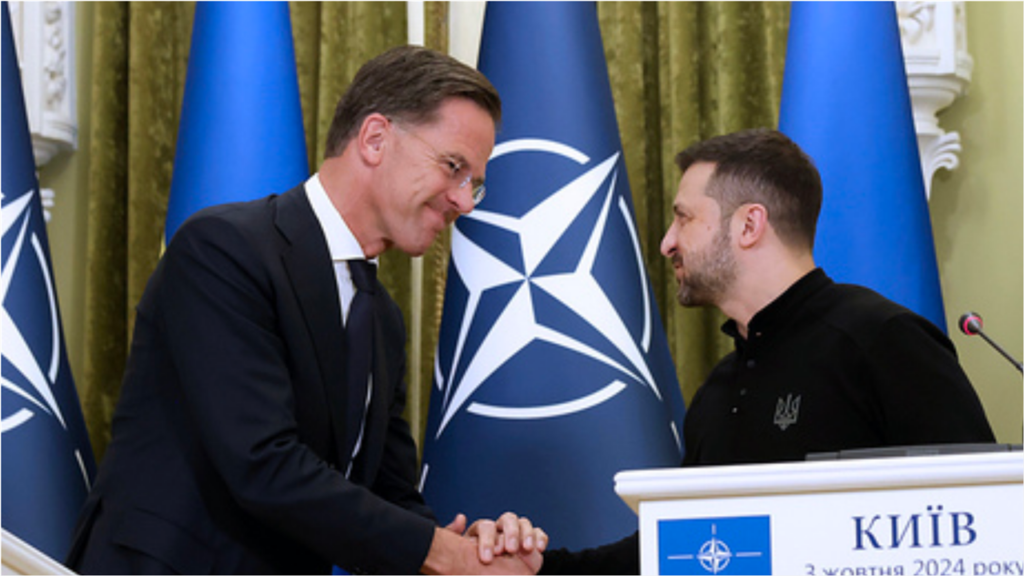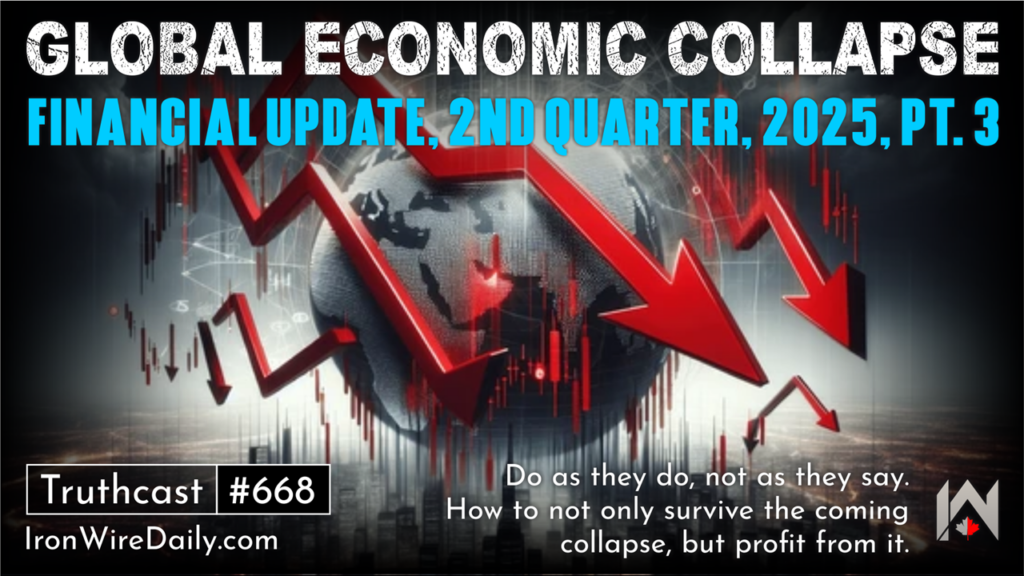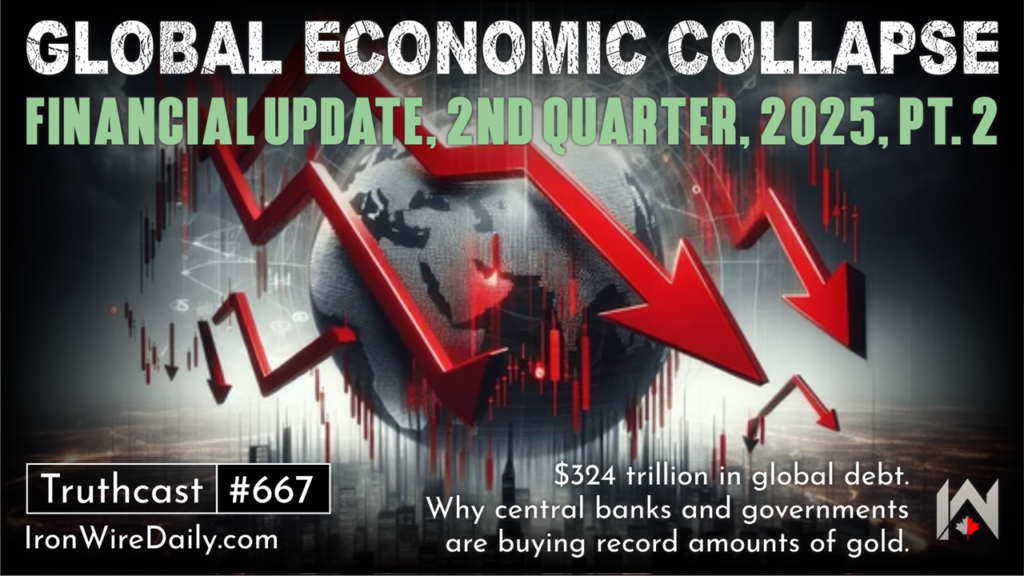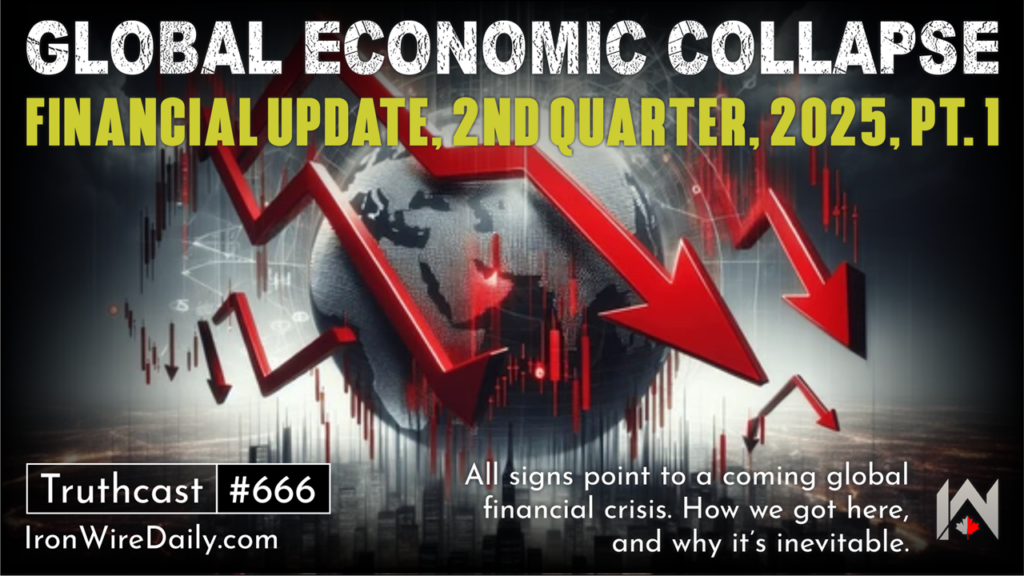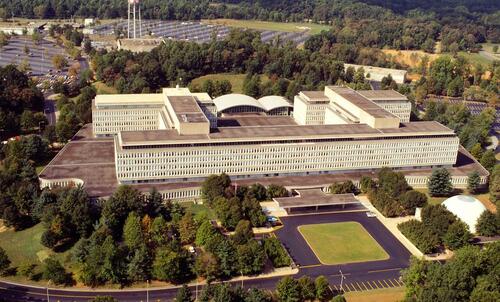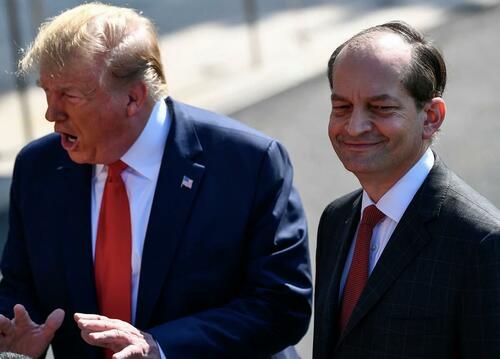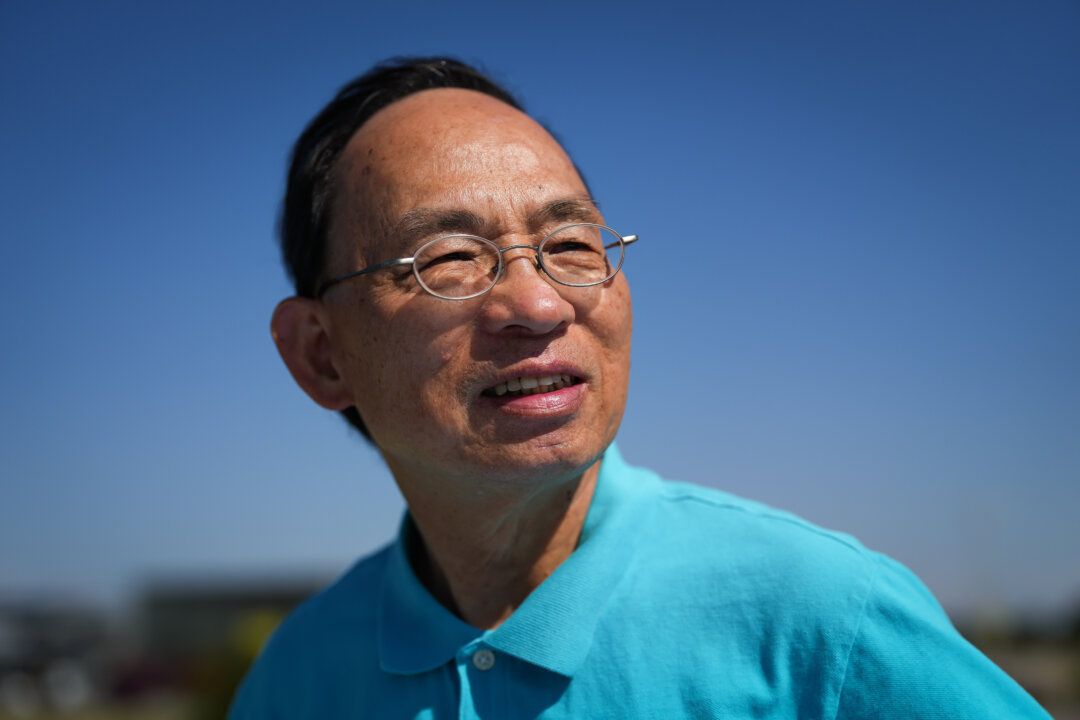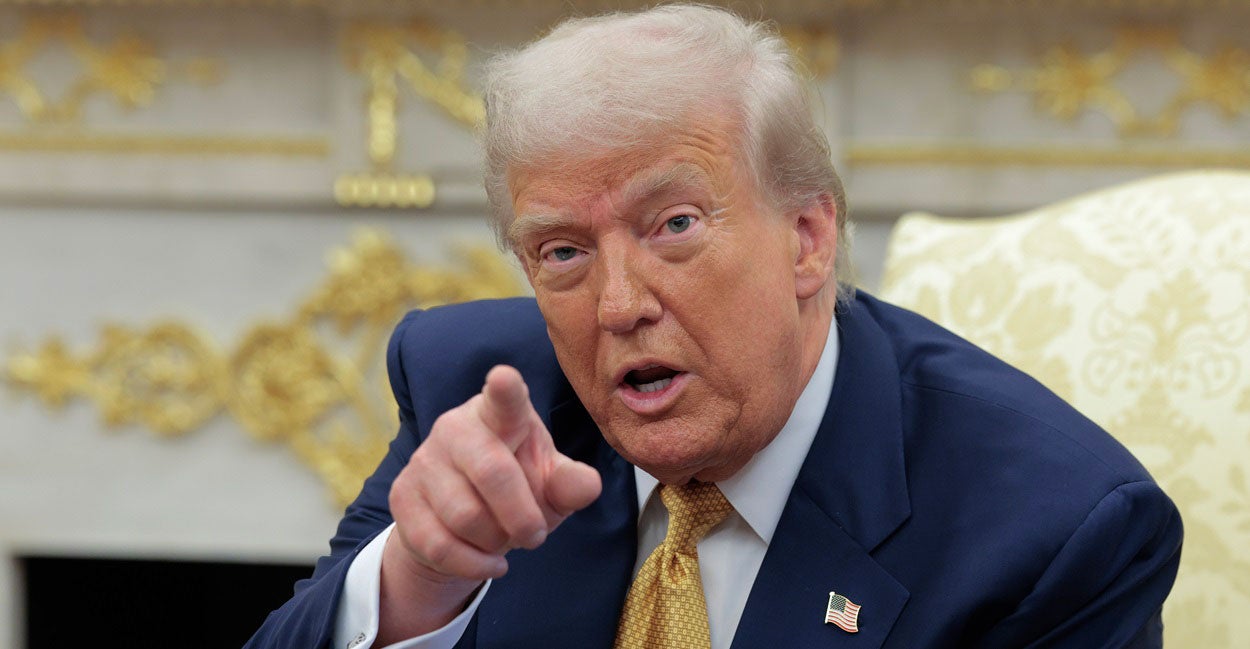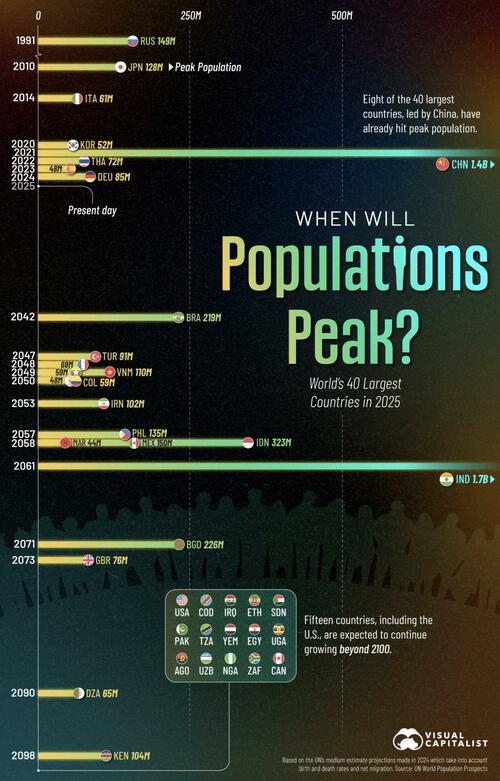Santiago Summit: Boric, Lula, Petro, and Sánchez Call for Global Digital Speech Regulation in Name of Democracy
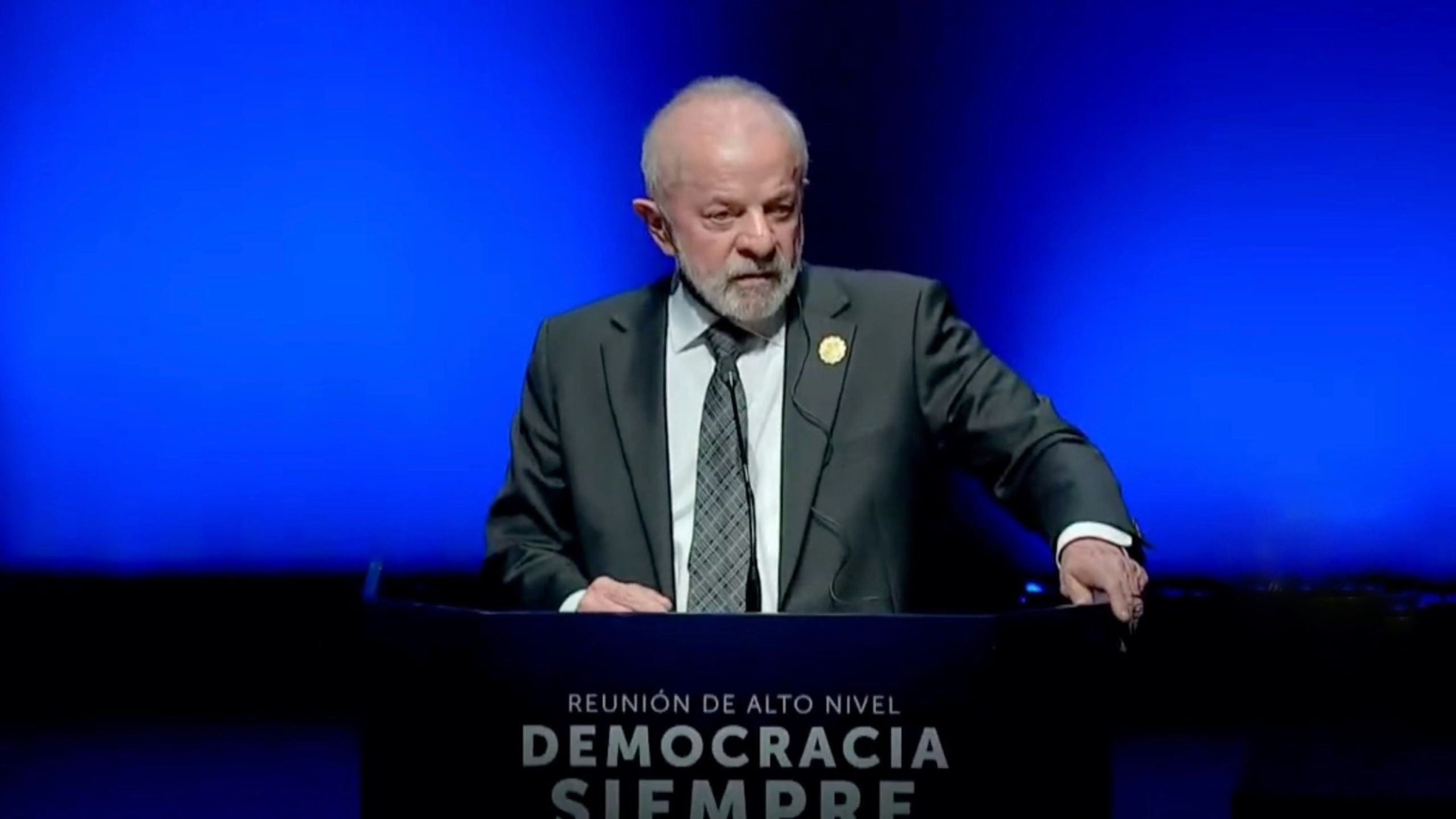
A political summit in Santiago this week brought together a bloc of staunchly pro-censorship leaders who used the gathering to call for aggressive state regulation of digital platforms and to promote a shared vision of global governance rooted in centralized control.
Ironically, operating under the slogan “Democracy Forever,” the event functioned as a platform for ideological alignment and what participants described as disinformation threatening modern democracies.
Hosted by Chilean President Gabriel Boric, the meeting featured the participation of Brazil’s Luiz Inácio Lula da Silva, Colombia’s Gustavo Petro, Uruguay’s Luis Lacalle Pou, and Spain’s Pedro Sánchez. Think tanks and activist groups also contributed, bolstering the summit’s message with calls to defend democracy through state-managed information and collective international action.
The final statement signed by the leaders pledged to uphold “social justice,” strengthen “multilateralism,” and address what they labeled the “structural causes” weakening democratic institutions.
President Lula delivered one of the most forceful addresses, asserting that modern threats to democracy now originate from online platforms rather than military force. “The enemies of democracy no longer resort to the diplomacy of tanks and gunboats. They control algorithms, sow hatred, and spread fear,” he said.
He warned of a digital world filled with hostility and cultural conflict, blaming social media and tech companies for the erosion of democratic norms.
More: Brazil Court Bans Sharing Bolsonaro Interviews on Social Media
According to Lula, speech regulation is now essential for democratic survival. “What is a crime in real life must also be a crime in the digital environment,” he declared. “Digital networks are not a lawless land where it is possible to attack democracy with impunity.” Framing online discourse as a tool of political subversion, he pushed for laws targeting what governments deem harmful speech, while claiming to uphold freedom of expression.
Colombia’s President Gustavo Petro addressed digital regulation, saying that the summit would advance proposals to counter the “malicious use of technologies,” although he claimed this would not constitute censorship.
President Boric concluded the event by thanking participants and announcing that future sessions would include additional leaders such as Mexico’s Claudia Sheinbaum and Canada’s Mark Carney, who were unable to attend due to scheduling. He confirmed that British Prime Minister Keir Starmer had been approached about supporting the expansion of the summit’s work at the United Nations.
Responding to concerns about the direction of the gathering, Boric said, “It is never a bad time to strengthen democracy,” and acknowledged that the group is considering “concrete proposals” for how to respond to what they define as disinformation.
Though wrapped in the language of rights and cooperation, the summit’s underlying message favored government-driven control over public discourse and the digital commons.
With vague definitions of disinformation and hate speech used as justification, participants openly argued for narrowing the scope of acceptable dialogue. In doing so, they offered a version of democracy that treats freedom of expression not as a foundational principle but as a privilege to be regulated.


